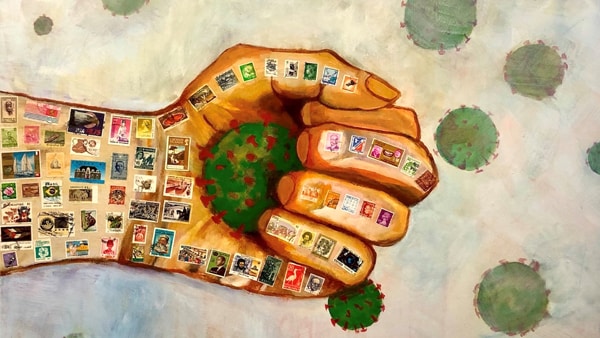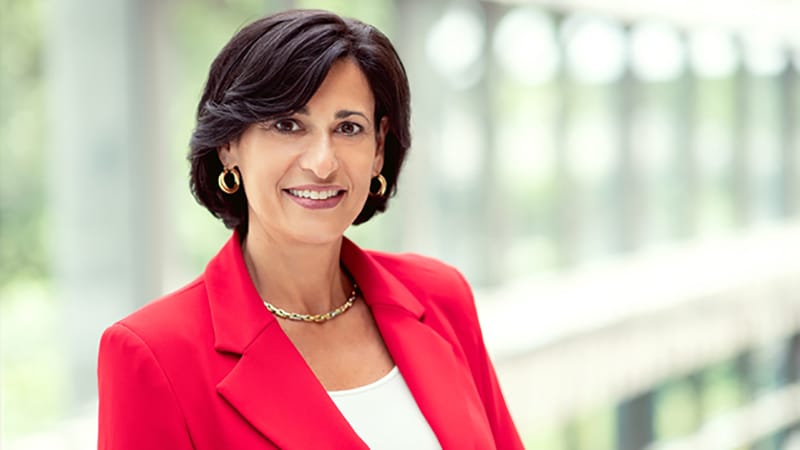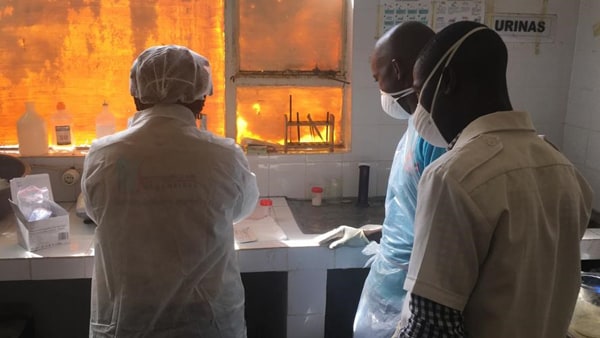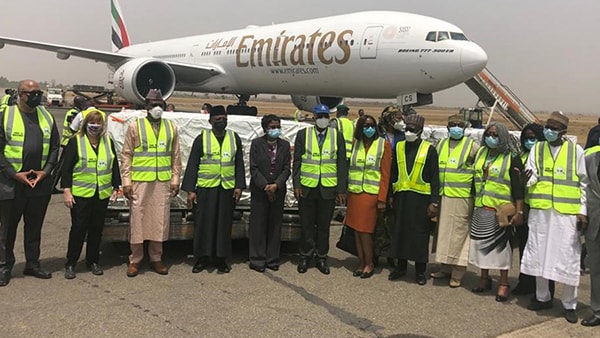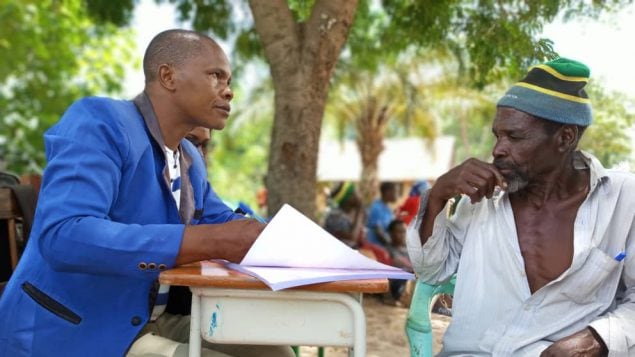CDC’S GLOBAL IMPACT: RESPONDING TO COVID-19 AROUND THE WORLD
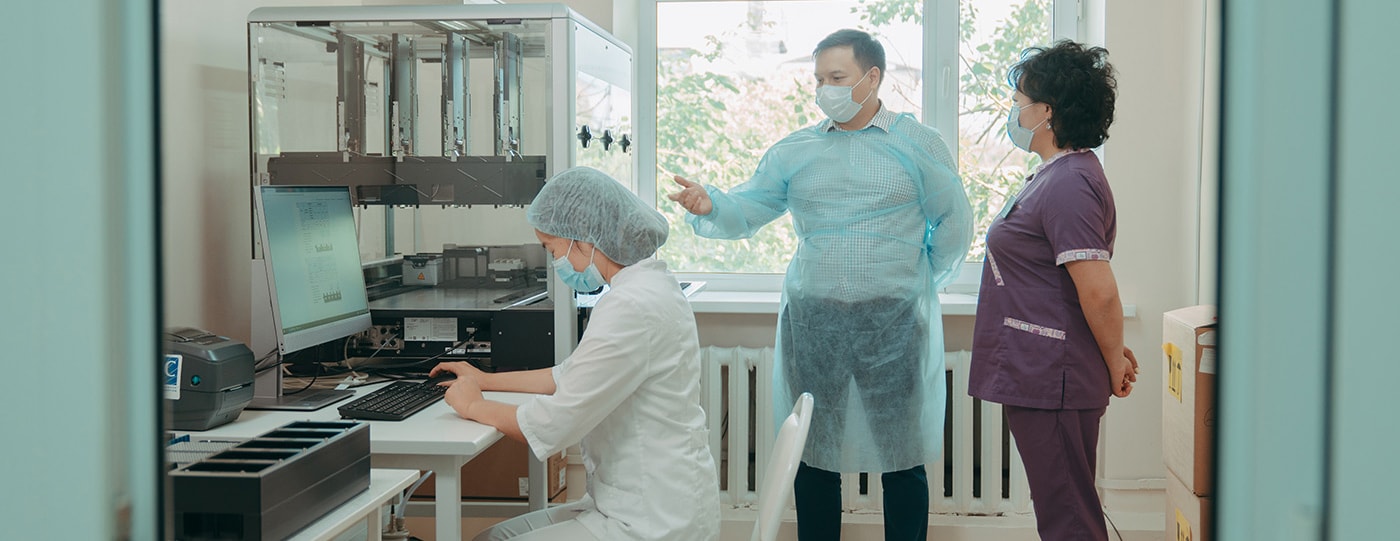
CDC’S GLOBAL IMPACT: RESPONDING TO COVID-19 AROUND THE WORLD
For more than 60 years, CDC has used its scientific expertise to help people throughout the world live healthier, safer, longer lives. During the COVID-19 pandemic, CDC country offices leveraged their staff, existing relationships, critical resources, and on-the-ground assets to support partner countries in the areas of surveillance, laboratory, emergency management, and workforce development.
CDC implemented innovative strategies to help reduce the impact of COVID-19 on global health programs, such as HIV/AIDS, malaria, and emergency and refugee health.
Emerging Infectious Diseases Global COVID-19 Journal Supplement
The COVID-19 pandemic has shown the world how a health threat anywhere can become a health threat everywhere. CDC has worked hand-in-hand with global partners and ministries of health in more than 60 countries to respond to the pandemic.
COVID-19 Success Stories
Read about how CDC works with countries and partners around the world to stop the spread of COVID-19. Together we build or strengthen surveillance systems, investigate outbreaks, and provide expert assistance.
Supporting Ministries of Health Around the World
CDC collaborates with other U.S. government agencies to support countries and international partners to prevent, detect, and respond to the COVID-19 pandemic. Read more about CDC’s Global Response Strategy.
- CDC supports over 70 countries to receive and administer COVID-19 vaccines. CDC accelerates global COVID-19 vaccinations through Global VAX.
- CDC’s approach to global health prioritizes host country ownership, investment in local partnerships, development of sustainable capabilities, and sharing of technical expertise.
- CDC’s ability to leverage core capacities overseas for the global COVID-19 response is built on longstanding investments in surveillance, laboratory networks, emergency management, and workforce development.
- 98% of CDC’s Field Epidemiology Training Program (FETP) residents or graduates have supported global COVID-19 investigations, data collection and analysis, and information dissemination.
- CDC helped over 200 laboratories overseas get international accreditation.
- CDC supported development and strengthening of over 30 national Emergency Operations Centers worldwide.
- CDC’s PEPFAR-supported investments in laboratory networks and systems have been critical to COVID-19 diagnosis and surveillance, with 73% of PEPFAR-supported centralized labs implementing SARS-CoV-2 testing
CDC’s Work with Partners
CDC On the Frontlines of COVID-19 uses videos and photos to tell the story of CDC’s global impact during the pandemic. CDC works with partners on emergency preparedness, strengthening labs, and improving global access to COVID-19 testing, diagnostics, and vaccines. CDC leveraged existing global health programs like PEPFAR, subject matter experts, and activities that are integral to the global COVID-19 response.
Orphanhood: A Hidden Impact of COVID-19
CDC researchers collaborated with global partners to support multiple studies investigating the hidden impacts of the global COVID-19 pandemic. They found millions of children under 18 have lost a parent and/or caregiver due to COVID-19-related deaths. The latest study updates previous estimates of children affected by COVID-19-related deaths using the most comprehensive and best available excess mortality data recently published by the World Health Organization.
Modeling data shows the top countries with the highest rates of children affected by primary caregiver deaths are: Bolivia, Peru, Namibia, Egypt, Bulgaria, South Africa, Ecuador, Eswatini, Botswana, and Guyana.
Responder Blogs
CDC global health experts have worked tirelessly with partners and public health officials globally to respond to the COVID-19 pandemic by leveraging and adapting longstanding investments, systems, programs, and partnerships for the global COVID-19 response. Read about the experiences of CDC responders, including CDC country directors, epidemiologists, communicators, and public health analysts who devoted their working hours to stopping the spread of COVID-19.
